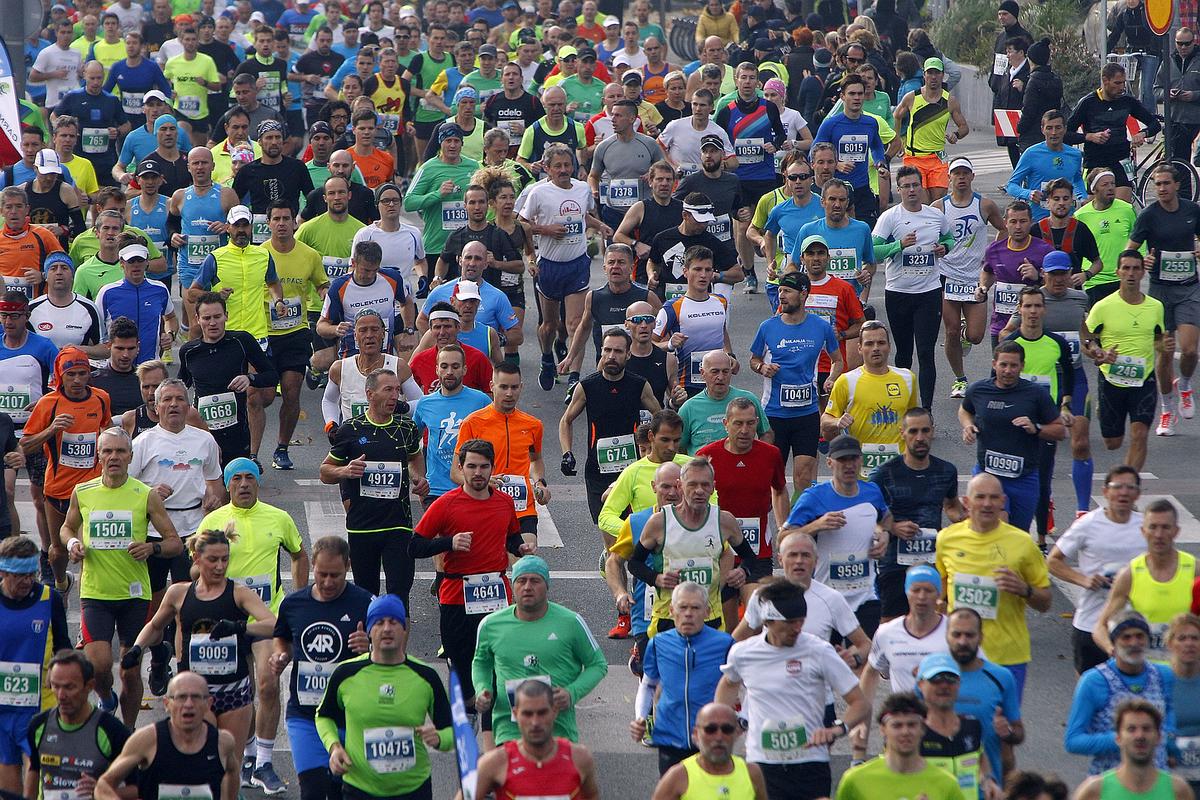
Born in 1906 near the spa town of Rimske Toplice, Drago Ulaga was a promising athlete as a young man, and participated in the popular Eagle sports movement. He eventually moved to Berlin, where he became the first Slovenian to receive a university-level degree in physical education.
In 1930, after his return to Slovenia, Ulaga became one of the key figures behind the Ilirija Sport Club. For several years, he served as Ilirija’s track and swimming coach. For a time in the interwar period, he was employed by the Ministry of Sport in Belgrade, where he helped to establish Yugoslavia’s official sports policy.
He was also determined to popularize sport among ordinary people, and for this, he turned to the new medium of radio. For years, he hosted a morning exercise program on Radio Ljubljana, and in 1934 he made broadcasting history by reporting live from the ski jumping event in Planica. The competition has been broadcast live ever since. He served as a mentor for future generations of sports commentators.
After World War II, Ulaga was a part of the team that set up the Institute of Physical Education in Ljubljana. He spent many years as a lecturer at the institute. He also became widely known for his theoretical work; he authored several books and many articles on the importance of sport and physical education.
His work also had an impact on language. He was part of an advisory panel set up by the Slovenian Academy of Sciences and Arts that helped to establish Slovenian equivalents of foreign-language sports terms.
Much of Ulaga’s theoretic work focused on extending and improving life through exercise. And he followed his own advice religiously: Well into his nineties, he lived an active lifestyle, complete with regular gymnastic exercises and hikes. The man who did so much to popularize sports and healthy living in Slovenia died in 2000, just short of his 94th birthday.


































































